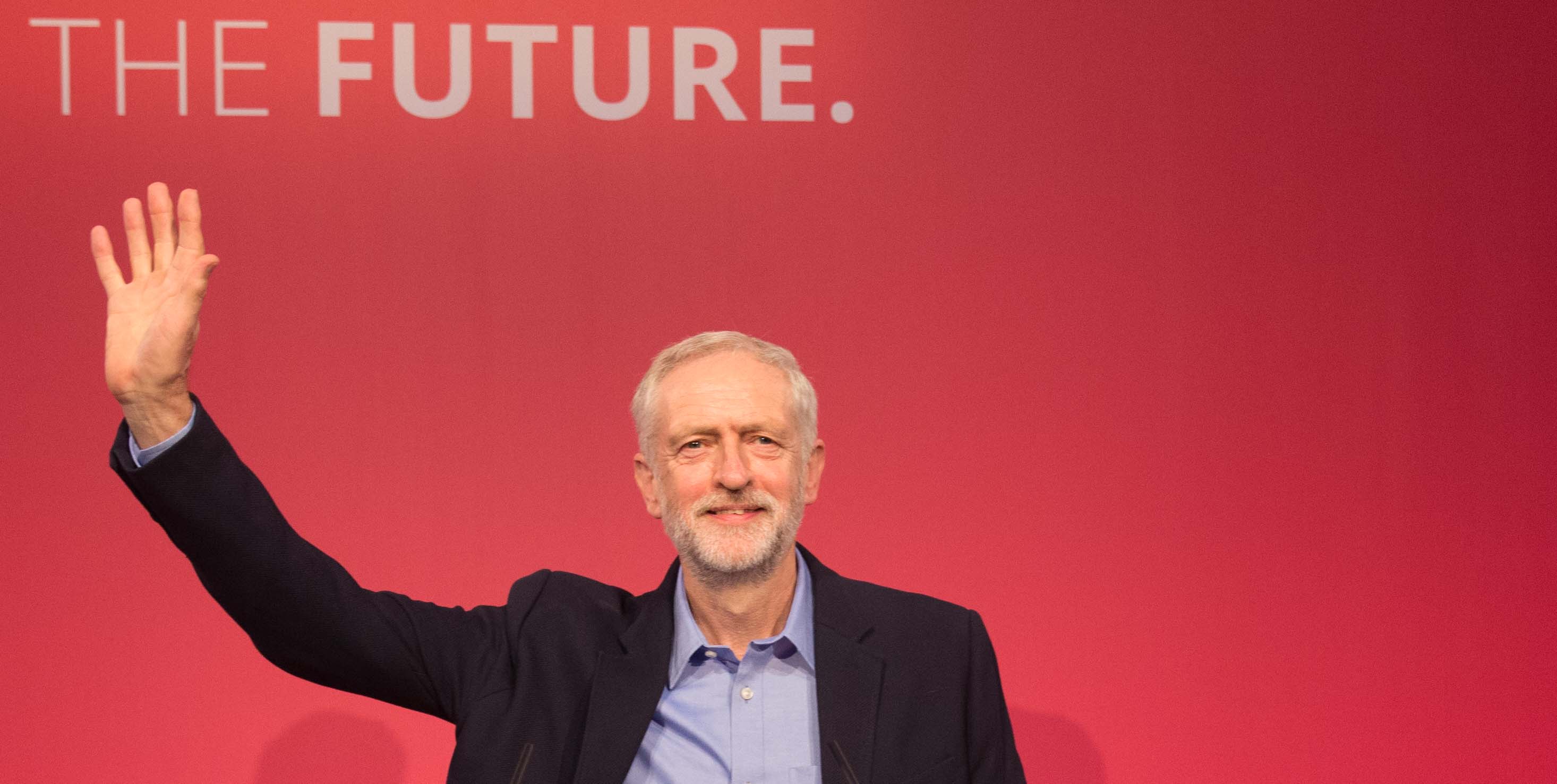Who’s really to blame?
It is a truism that we always think our present is the best or the worse depending on the circumstances – it usually isn’t. This time however I really do think that the hostility metered out to Jeremy Corbyn is the most extreme that I have seen.
Des Freedman, Professor at Goldsmiths, University of London’s department of media and communications told me that the media’s treatment of Jeremy Corbyn has been astonishing – if not surprising.
“Journalists, he said, could have attempted to get to the root of his success in two leadership elections and to reflect on the political transformations that have seen Labour become the biggest membership party in Europe. Instead, the media have been far more preoccupied with running tired narratives about his lack of patriotism, leadership skills, military bravado and overall competence.”
Given that they were so massively wrong footed on Jeremy’s success, winning more votes than all the other three candidates put together, they should have had a period of reflection.
Could have, should have
They could have wondered what was going on. They could have tried to understand why the majority of those that turned up en masse to his meetings, and now to his stump speeches out on the campaign trail – are young people.
They could have sought analysis. They didn’t. Their preconceived ideas are substantially shared by the political, media class. Now with May’s politically calculated snap election these preconceived ideas have morphed into a preordained judgement that she will win.
Noam Chomsky, the American linguist and philosopher, was in London last week to deliver a lecture on â€the perilous state of western democracy’. He said that Jeremy Corbyn’s personal style, which he personally liked, was not that of the performer. Corbyn was serious, reserved, faced with a parliamentary Labour party opposed to him from the beginning.
Asked in a Guardian interview why he thought the newspapers were so motivated against Corbyn he said that as with Bernie Sanders in the US, Corbyn had broken out of the â€elite, liberal consensus’. Put simply the billionaire press moguls don’t like this one bit and they will turn over their pages to do everything they can to defeat Labours’ transformative political, economic and social agenda from taking hold.
As Professor Freedman argues, “We expect this from newspaper owners it’s more disturbing to see an anti-Labour tabloid agenda being promulgated from what are supposed to be impartial broadcasters.”
Corbyn’s communications team are using social media to counter a hostile media. They have no choice but to do so. But it isn’t a silver bullet. For a democracy to work citizens have to be informed so that they can make an informed decision.
Frankly journalists (not all obviously) have not been doing a service to the citizenry for some time. They (again with some honourable exceptions) missed the 2008 economic crisis. They had to charge up to Scotland when the polls indicated that the result on independence would be close. And when the EU referendum first started we were served up with the usual trivia that has characterised coverage of the European Union.
For decades we have had a virulently Eurosceptic press seeking to lessen any regulation that could hinder their power. I know there is a perfectly left wing reason for coming out of the EU, but in today’s landscape, with a world of work that is precarious breaking up collectivism and solidarity, Brexit will continue to serve the interest of global economic liberalism. Power will continue to be switched from public institutions to deregulated financial institutions.
Now in the final throes of one of the most important general elections in my lifetime the Tories have the audacity to claim they have the interests of the working class at heart.
Presidential campaign
Theresa May has run a presidential campaign controlled by Lynton Crosby centred on winning power that brooks no opposition. For her apparently it is all about a strong mandate for Brexit negotiations. This is an absurd single proposition for a general election.
Why should we have any confidence in her negotiating skills when they have a past record of failure? Add to the list the Governor of the Bank of England at a press conference telling journalists that we are already getting poorer. Yet despite this failure and crises in our NHS, in social care, in their failure to protect the NHS from the recent cyber-attack, we are supposed to put in her our trust.
Jeremy Corbyn once the election was called has raced out of the stalls with some style. The manifesto policies – initially leaked have proved to be popular. Is there time for them to have cut through?
Theresa May’s exhortation to Labour voters to switch to the Tories may work. It puzzles me that workers instead of acting in their own self-interest blame â€others’ – Brussels, immigrants. Anyone other than our own elite.
Â
*This comment first appeared in Tribune, May 18
 Like
Like Follow
Follow


